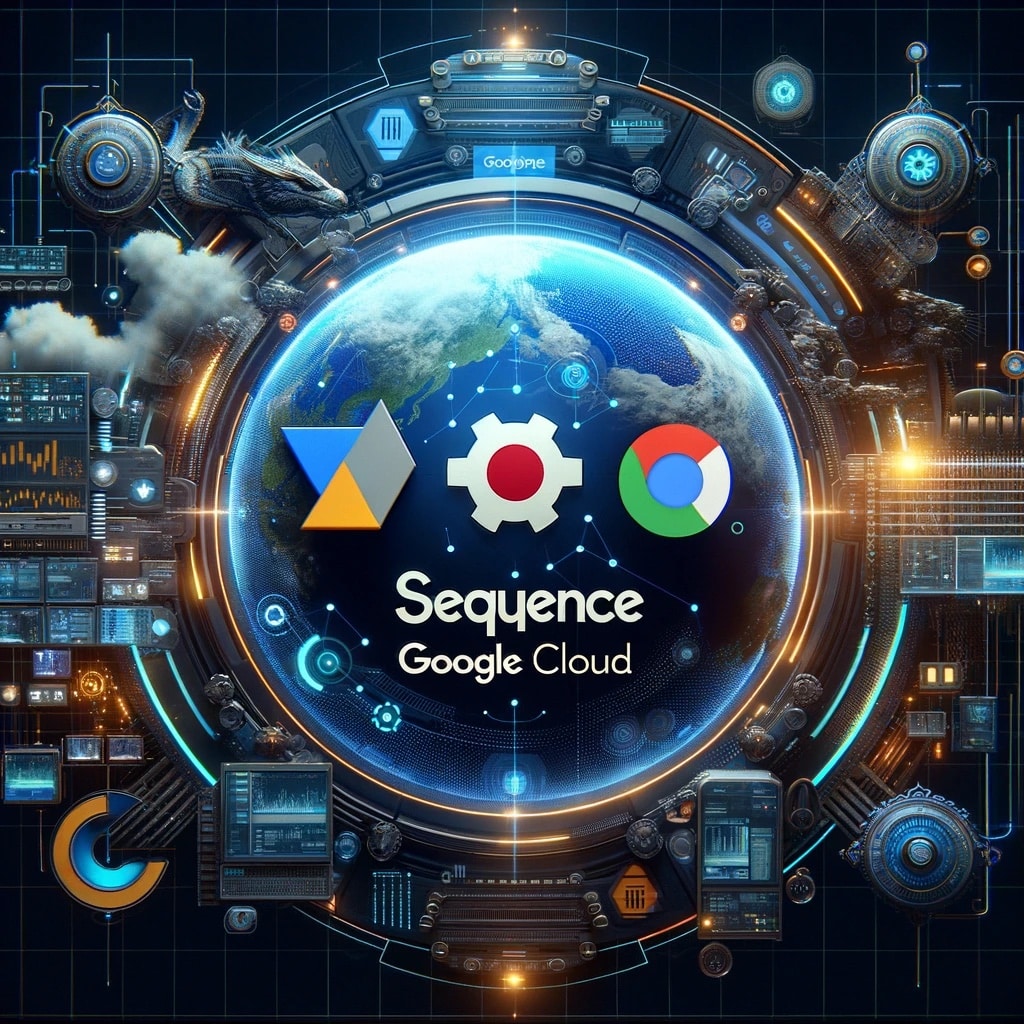Sequence, a platform for developing blockchain-based Web3 games, is teaming up with Google Cloud to bring Web3 gaming tools and solutions to users of the cloud computing platform.
This strategic collaboration, announced on Tuesday, aims to simplify the complexities of Web3 technology by offering Sequence’s comprehensive gaming solution to customers of Google Cloud.
“Sequence provides game developers with the flexibility to concentrate on creating exceptional gameplay experiences for players,” states Jack Buser, Director for Games at Google Cloud. The Sequence gaming technology platform was specifically designed to address accessibility barriers for developers, as highlighted in the press release.
Last year, Sequence introduced Sequence Builder, a tool that allows both traditional web2 and Web3-native game developers to seamlessly integrate blockchain-based elements into their games.
Through this partnership, developers on Google Cloud will have effortless access to Sequence Builder, which includes built-in gamer wallets and in-game marketplaces.
“From the outset, Sequence has aimed to empower developers—whether traditional or Web3-oriented—to focus on building outstanding games without the need to grapple with the complexities of Web3 technology, and our collaboration with Google Cloud is a significant step in that direction,” explains Greg Canessa, President and COO at Sequence.
Obstacles Confronting the Gaming Sector
In the blockchain gaming industry, one of the primary hurdles lies in achieving widespread user adoption. Moreover, another significant challenge pertains to the limited understanding of blockchain gaming concepts among market participants.
Despite some positive developments and initiatives, numerous misconceptions persist within the space. A report from the Blockchain Game Alliance shed light on these perceptions, revealing that in 2022, a majority of respondents—69.5%—believed the most prevalent misconception about blockchain games is that they are scams.
Greg Canessa, President and COO at Sequence, remarked on the issue, stating, “The complexity associated with comprehending and constructing the underlying blockchain infrastructure has diverted attention away from the creative process of developing exceptional games that resonate with players.” Consequently, this complexity has led to the creation of subpar gaming experiences, which, in turn, have deterred gamers from embracing the entire concept.
Canessa further emphasized, “Integrating Web3 technology should not pose a greater challenge than setting up a traditional game server, and Google Cloud’s philosophy aligns perfectly with ours.” This underscores the importance of streamlining the integration process to facilitate broader adoption of blockchain gaming solutions.



